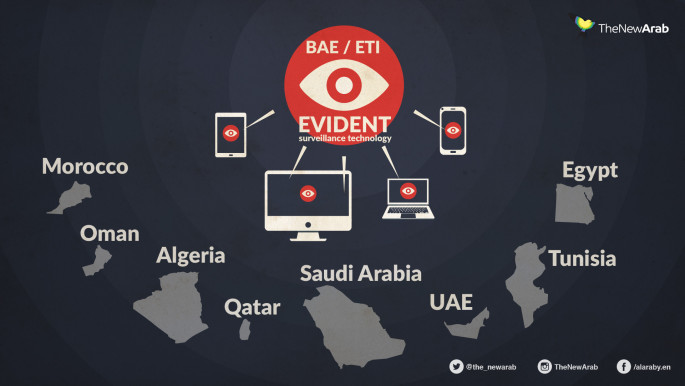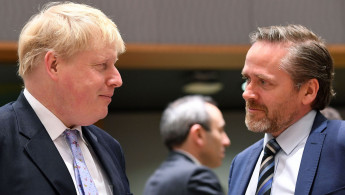Danish FM admits to selling mass-surveillance technology to Saudi Arabia, UAE despite human rights concerns
After months of silence, Foreign Minister Anders Samuelsen gave a brief comment to Danish newspaper Information on the issue.
He claimed that his government agreed to the export of controversial surveillance systems to authoritarian Arab governments as it could help in the fight against terror organisations, such as the Islamic State group.
Danish authorities rely on a number of criteria when deciding on export licenses for surveillance technology. This includes considering whether the product could be used in "internal repression". Denmark's ministry of foreign affairs is responsible for the assessment.
"This area is not black and white and you can never give a hundred percent guarantee that there is no abuse. On the other hand, we also have an interest in fighting ISIL (Islamic State group)," Foreign Minister Anders Samuelsen said.
Although the Danish government claimed it has considered the human rights implications when exporting such technology to repressive Arab regimes, it admitted this was just one part in the overall assessment of the issue.
The ministry of foreign affairs refused to say how it based its assessment on the surveillance sale, the Danish daily added, but experts linked the issue said business interests and anti-terrorism efforts were the most likely considerations of the government.
"On the one hand, politicians are good at making it as if human rights and democracy are the top priority," said
Helle Lykke Nielsen, associate professor at the University of Southern Denmark and expert on Gulf states.
But the core of Danish foreign policy is "security and financial considerations", she told Information.
BBC investigation into BAE and ETI

In June, a BBC investigation revealed that a Danish subsidiary of UK-based BAE Systems sold mass surveillance technology to Arab states that could have been used to help crush popular uprisings in 2011 and onwards.
BAE, working through Denmark's ETI, first sold the technology to the Tunisian dictator Zine al-Abidine Ben Ali, who used it to monitor his opponents and imprison them without trial, the BBC claimed.
"[It] works with keywords. You put in an opponent's name and you will see all the sites, blogs, social networks related to that user," said one former Tunisian security officer.
BAE worked with a Danish cyber-security company called ETI to develop the system called Evident, which helped authoritarian leaders keep track of their citizens' communications.
ETI sold the same system to Saudi Arabia, the UAE, Qatar, Oman, Morocco and Algeria, according to the investigation.
A former ETI employee told the BBC that the technology could "intercept any internet traffic".
"If you wanted to do a whole country, you could. You could pin-point people's location based on cellular data. You could follow people around. They were quite far ahead with voice recognition. They were capable of decrypting stuff as well."
Mass surveillance during and after the Arab Spring was used to facilitate the mass incarceration of dissidents, leading to the eventual crushing of popular movements, the report alleged.





 Follow the Middle East's top stories in English at The New Arab on Google News
Follow the Middle East's top stories in English at The New Arab on Google News


